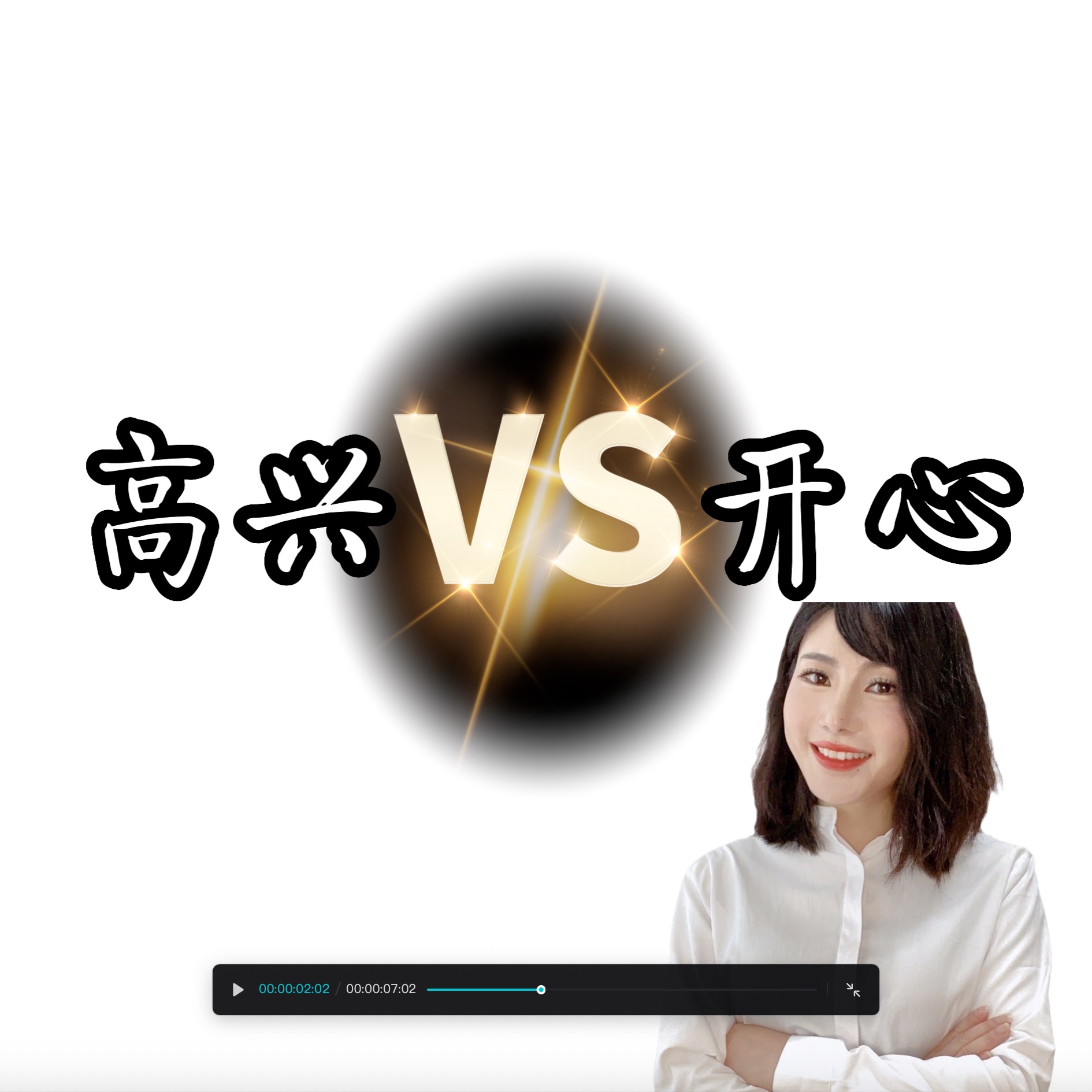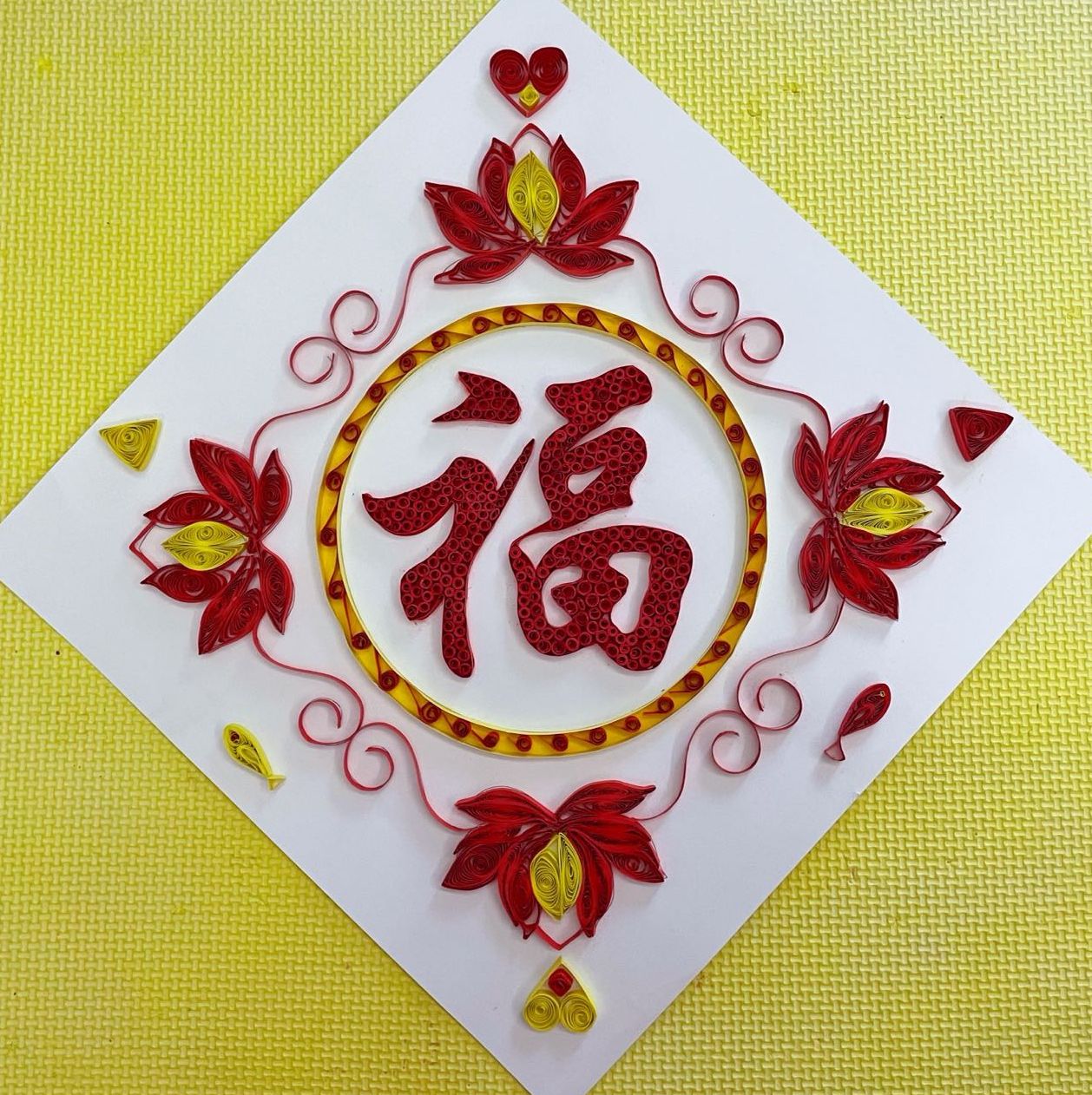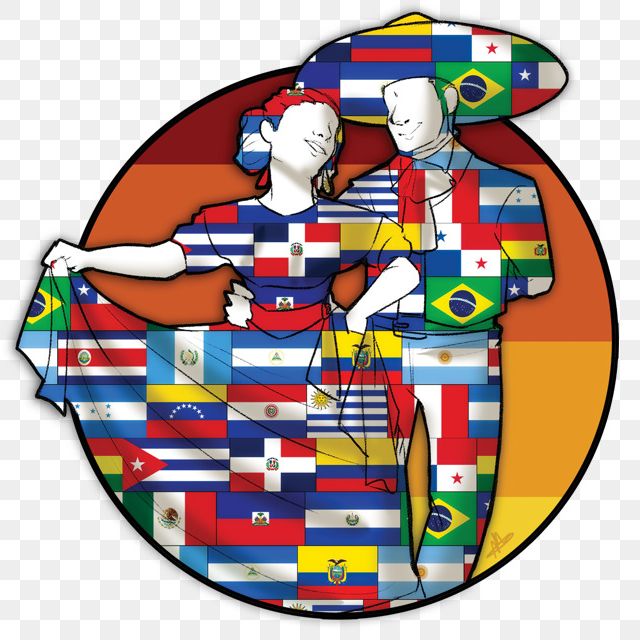
会 (huì) VS 可以 (kěyǐ) VS 能 (néng)
الوصف
会 (huì) means "to be able to" or "to know how to." It is used to describe a specific skill or ability that someone has. For example:
我会说中文。 (Wǒ huì shuō Zhōngwén.) - I can speak Chinese.
可以 (kěyǐ) means "to be allowed to" or "to have permission to." It is used to describe whether someone is allowed or permitted to do something. For example:
你可以坐这里。 (Nǐ kěyǐ zuò zhèlǐ.) - You are allowed to sit here.
能 (néng) means "to be able to" or "to have the ability to." It is used to describe a general ability or capability that someone has. For example:
我能做这件事。 (Wǒ néng zuò zhè jiàn shì.) - I am able to do this.
In general, 会 is used to describe a specific skill or ability that someone has, while 可以 is used to describe whether someone is allowed or permitted to do something, and 能 is used to describe a general ability or capability that someone has.
قناة البث الصوتي
Difference between A and B in Chinese with Shanmei
المؤلف
جميع الحلقات

第二十课 一起吃烧烤吧 Lesson 20 Let's have a barbecue

绕口令 - d/t 练习

თავის მოკატუნება

Мини истории. Желтый аист.

INCONTRI IN CITTÀ

Say The 120 Most Common English Words Like An American

All the Arabic alphabet

ARTESANIAS MEXICANAS DE PAPEL Y CARTÓN.
حلقات رائجة

Basic communication conversations
第二十课 一起吃烧烤吧 Lesson 20 Let's have a barbecue

ListenChinese Podcasts
绕口令 - d/t 练习

ქართული იდიომები-Georgian Idioms!
თავის მოკატუნება

Not Prickly Russian
Мини истории. Желтый аист.

Imparare Ascoltando
INCONTRI IN CITTÀ

Fluent American
Say The 120 Most Common English Words Like An American

Mister Bakoor
All the Arabic alphabet

Spanish México
ARTESANIAS MEXICANAS DE PAPEL Y CARTÓN.